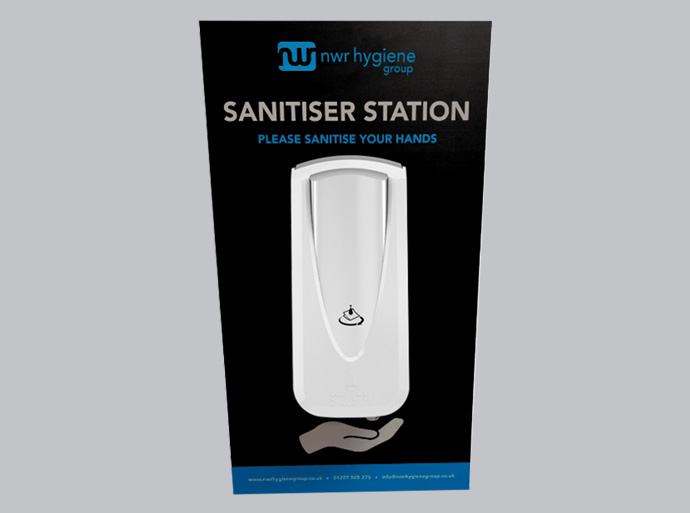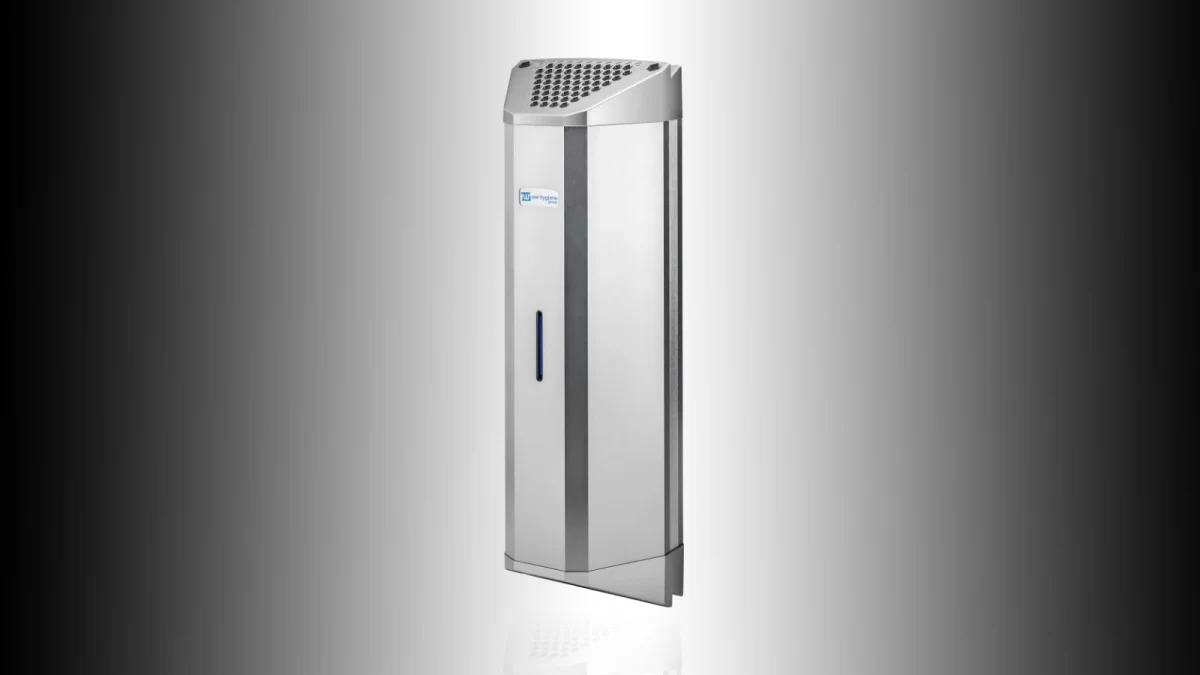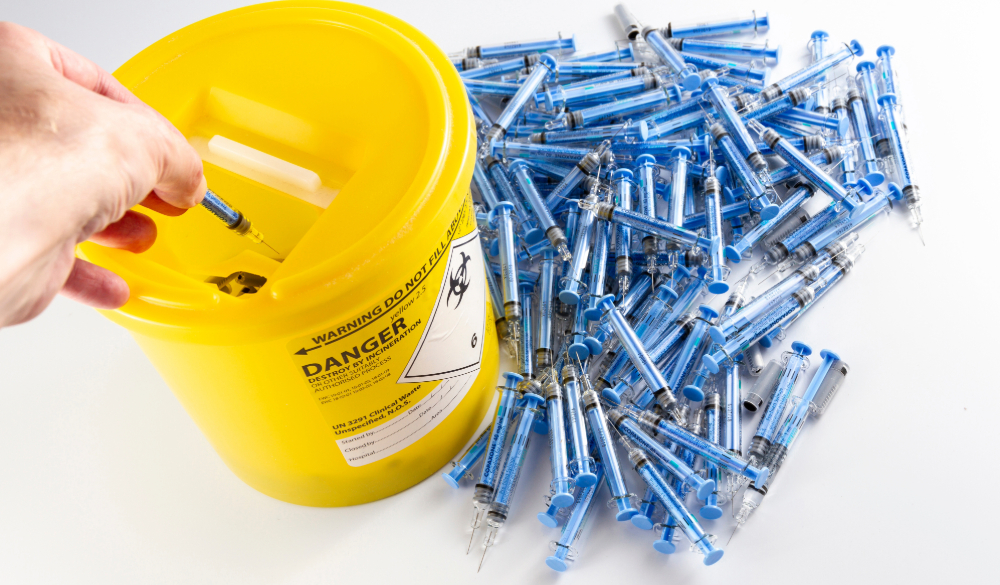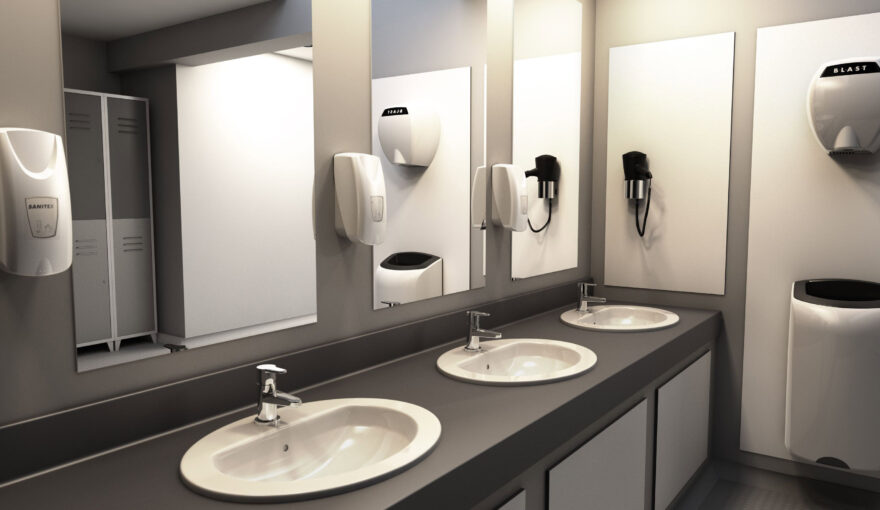As we have recently celebrated Healthcare Science Week, it’s an ideal time to recognise how healthcare science has significantly advanced the commercial hygiene industry.
Through scientific research and technological innovations, healthcare science has improved hygiene practices in critical areas like hand hygiene, air care, and clinical waste management. By applying scientific research from subjects such as microbiology, data analytics, and environmental science, these advancements have led to more effective solutions that promote healthier, safer environments in commercial spaces.
1. Hand hygiene: the science behind effective protection
Scientific research has shown that proper hand hygiene is one of the most effective ways to prevent the spread of harmful bacteria and viruses. Studies by the World Health Organisation (WHO) and Centres for Disease Control and Prevention (CDC) show that alcohol-based hand sanitisers with an alcohol concentration of 60-95% are the most effective at reducing the transmission of pathogens.
Scientific advancements in touch-free dispensing systems have also been proven to increase compliance and reduce cross-contamination in workplaces. This technology ensures that individuals sanitise their hands without touching surfaces that could reintroduce germs.
At NWR Hygiene Group, our hand hygiene services include pedal-operated sanitisers as well as touch-free sanitisers and soap dispensers to promote improved hand hygiene compliance. Our hands-free, pedal-operated hand sanitiser station dispenses 70% alcohol cleanser liquid, reducing the spread of pathogens and the chance of cross-contamination. You can find full information about our services on our hand hygiene services page.

2. Air care: improving indoor air quality
Through in-depth studies and research, healthcare science has highlighted the importance of the airborne transmission of bacteria and viruses, leading to the development of advanced air purification and odour control solutions. Research from the Environmental Protection Agency shows that high-quality air filtration can capture airborne pollutants, helping to maintain a cleaner and healthier environment.
The COVID-19 pandemic brought a huge amount of attention to air quality in commercial spaces, especially those with a high rate of foot traffic. Research from the Environmental Protection Agency found that improving ventilation, using high-quality air filtration, and employing air purification technology can significantly reduce airborne virus transmission, including SARS-CoV-2, which is the virus that causes COVID-19. These findings have led to the recent, widespread adoption of air care solutions designed to capture airborne pollutants and eliminate harmful microorganisms.
Odour-neutralising technology has also been developed to eliminate bacteria that cause unpleasant smells, particularly in high-traffic and enclosed spaces, such as offices or restaurants. These solutions help businesses maintain fresh, clean indoor air while reducing the risk of airborne contaminants.
One example from our premium air care range is the NWR Aura. Due to scientific advancements in microbiology, the NWR Aura is the most advanced washroom odour and microbacteria eliminator currently on the market. The Aura has been shown to eliminate 99.999% of odour-causing germs, minimising the risk of infection caused by air particles and surface-contaminating bacteria. Full information on our air care range can be found here.

3. Clinical waste management: safe and compliant disposal
Proper clinical waste disposal is essential for preventing the spread of infections and protecting the environment. Healthcare science has driven improvements in waste segregation, containment, and disposal methods, ensuring that hazardous waste is handled safely.
Medical research has emphasised the importance of using secure disposal units for clinical waste and sharps, helping businesses comply with strict health regulations. By ensuring waste is properly treated and disposed of, companies can prevent contamination risks and contribute to a safer working environment.
At NWR, we have been able to adapt and maintain the most effective safety measures due to these advancements in medical research data, ensuring the safety of our customers and their spaces as well as the safety of our servicing team, who manage the collection and disposal of clinical waste. If your business requires clinical waste solutions, you can find full information on our Clinical Waste and Sharps Disposal service page.

Conclusion
Scientific research and technological innovation continue to shape the commercial hygiene industry, on top of countless other industries, improving the effectiveness of many different areas. As healthcare science advances, businesses can benefit from improved hygiene solutions, safer working environments, and stronger infection control measures. With hygiene playing an increasingly critical role in public health, ongoing research will continue to drive improvements in how businesses approach hygiene and safety in their spaces.
By combining scientific research with practical hygiene solutions, we help businesses create safer, healthier workplaces. To learn more about how we can support your hygiene needs, get a free quote today!

